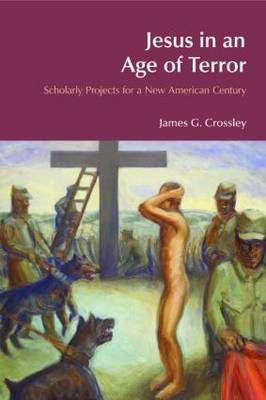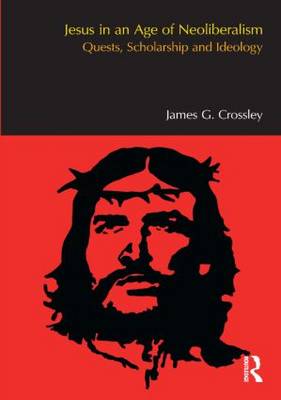BibleWorld
3 total works
New Testament and Christian origins scholarship have historically been influenced by their political and social context. 'Jesus in an Age of Terror' applies the work of critical and media theorists to contemporary Christian origins and New Testament scholarship. Part one examines the influence of the mass media on the writing of contemporary biblical scholars, whose political views - as demonstrated in their 'biblio-blogging' - are shown to have striking similarity to the media s depiction of the 'war on terror' and conflict in the Middle East. Part two argues that the Anglo-American cultural mis-representation of Islam as the 'great enemy' has led New Testament and Christian origins scholarship to collude with intellectual defences of the war in Iraq. Part three examines the influence of the media's approach to Palestine and Israel on biblical studies, exploring the shift towards widespread support for Israel in contemporary scholarship.
Jesus Beyond Nationalism
by Halvor Moxnes, Ward Blanton, and James G. Crossley
Published 25 November 2009
The study of Jesus has rarely looked at its own scholarly context, at how the representation of Jesus might be shaped by those who study him. 'Jesus beyond Nationalism' examines how - since the beginnings of historical Jesus studies in the nineteenth century - representations of Jesus have been used to promote hegemonic or mono-cultural views. The ideology behind such representation has operated to deny difference in society, difference in terms of race, ethnicity, gender, and sexuality. Examining depictions of Jesus in a range of contexts - from the Russian Christ and Jesus as 'Holy Anarchist' to Jesus in Muslim thought - Jesus Beyond Nationalism reveals the politics behind the ways in which Jesus has been constructed and presented.
'Jesus in an Age of Neoliberalism' analyses the ideology underpinning contemporary scholarly and popular quests for the historical Jesus. Focusing on cultural and political issues, the book examines postmodernism, multiculturalism and the liberal masking of power. The study ranges across diverse topics: the dubious periodisation of the quest for the historical Jesus; 'biblioblogging'; Jesus the 'Great Man' and western individualism; image-conscious Jesus scholarship; the 'Jewishness' of Jesus and the multicultural Other; evangelical and 'mythical' Jesuses; and the contradictions between personal beliefs and dominant ideological trends in the construction of historical Jesuses. 'Jesus in an Age of Neoliberalism' offers readers a radical revisioning of contemporary biblical studies.


